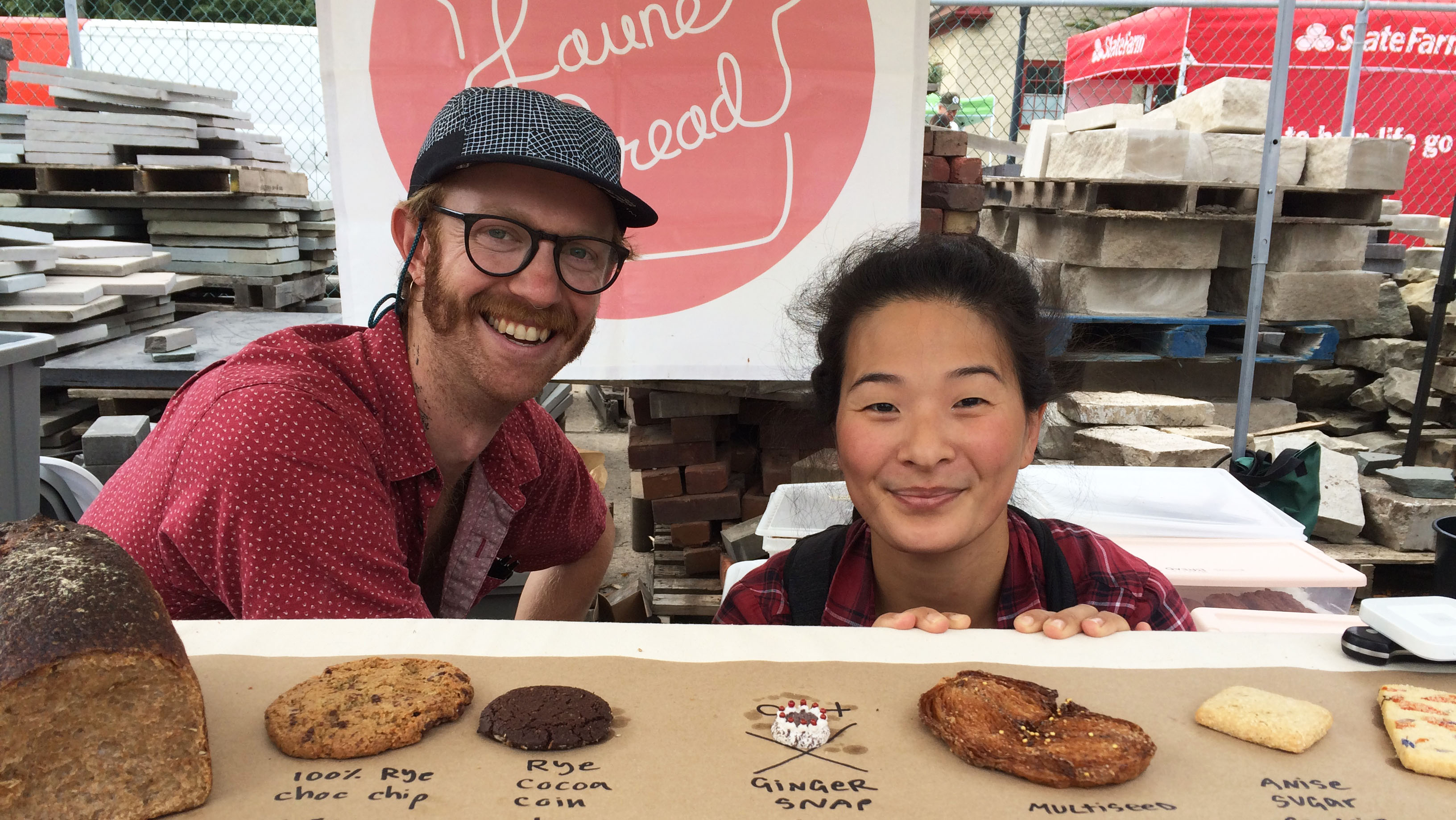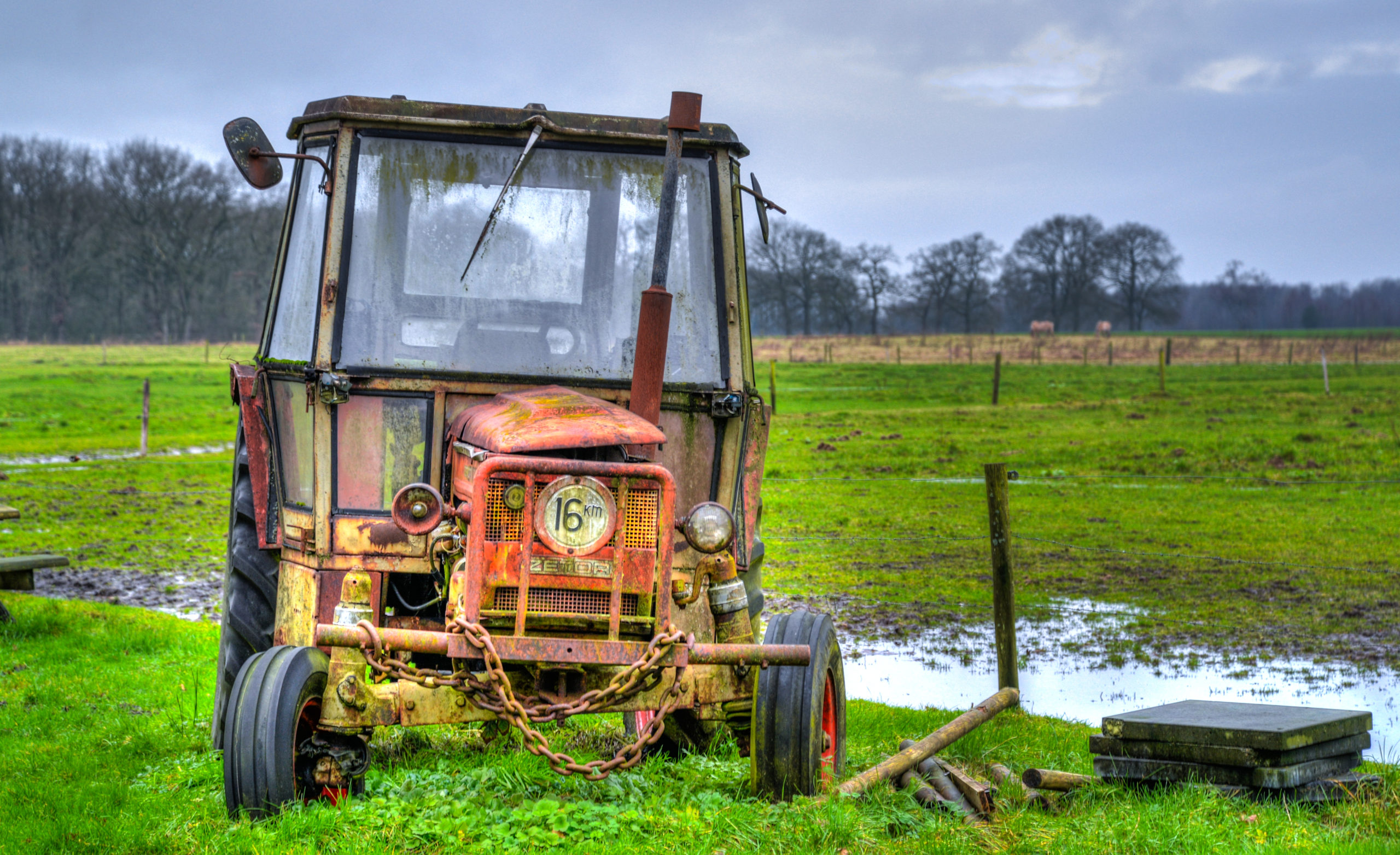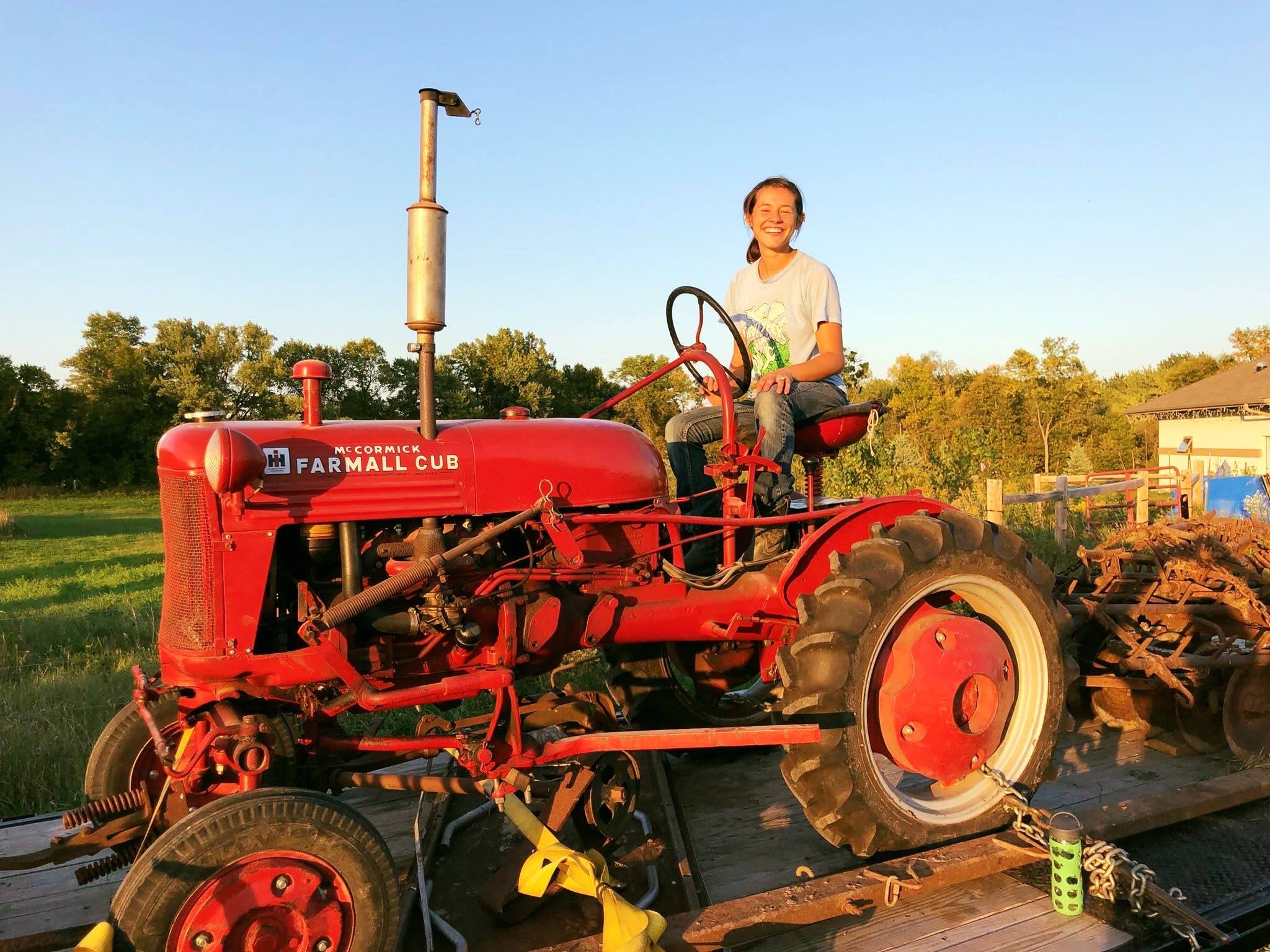Tiff Singh Has Discovered the Ingredients to a Climate-Smart Future
I’m a baker. I really enjoy sharing freshly baked bread with people—I love that it brings them so much joy.
So, now, as I contemplate how I’ll do my part to address the climate challenge, and how I might encourage others to do the same, it’s clear to me that food will play a central role.
Yes, conversations about the healthfulness of our food and the security of our food supply will be important, but the food itself is also a unique platform for bringing people together. After all, food has always had an incredible ability to connect all of us—across our beliefs and cultures. It enables us to share in something special together and to empathize with one another.
I want to be part of the solution, to help nurture these important climate conversations, and to create a better world for my daughter and future generations.
That’s why I’ve chosen to become an ULLU Ambassador.
Discovering my love of bread and values-driven baking
I grew up in St. Peter, Minnesota. It was my early experiences there that shaped my views of the world around me—and my impact on it.
Like a lot of people in the Midwest, I have memories of spending time in the kitchen with my late mother and family. Granted, my mother wasn’t the best baker; in fact, a lot of her baking attempts failed! But, she still tried and passed what knowledge she could onto me. Reflecting on these memories now makes me appreciate how food and baking have always brought our family together.
When I was 16, I learned scratch baking at River Rock Coffee—a small, local coffee shop. That experience opened up an avenue for me in terms of thinking about food in a different way, about how our food could be more healthful.
I continued to work in the food industry from that point forward. I sought out establishments that not only valued serving high-quality food but committed themselves to building a more sustainable, localized food system. Working in restaurants that invest in more sustainable practices, like sourcing ingredients locally and seasonally, gave me the opportunity to learn how consumers, restaurants, farmers, and food producers could all exist in a healthy dynamic food system and economy.
From my first job in my hometown of St. Peter to working alongside some of the most talented bakers and chefs in Minneapolis, all of these collective experiences launched me onto a path to Laune Bread.
Arriving at my own climate understanding
I was fortunate to attend public school in St. Peter. The school system reinforced important conservation practices, like how important it was to reduce, reuse, and recycle. That mantra still rattles around in my brain, and it’s made me more aware of my impact on the planet.
Still, when I first started hearing about the climate challenge in high school, it felt so very far removed—it didn’t impact me directly. I think growing into my early twenties, though, I started to really see how local weather patterns had shifted. It was no longer in a remote part of the world. It was no longer at the poles. It was in my own backyard.
I wouldn’t say that it was an alarm bell at the time, but I remember thinking, “Wow, it’s actually starting to materialize, and I can see that this, it’s always mattered, but now it’s starting to affect the community that I live in.”
Reducing food waste—and our carbon footprint—at Laune Bread
Today, my business partner, Chris MacLeod, and I operate Laune Bread—a bread subscription that operates much like a CSA (Community Supported Agriculture). And, our commitment to sustainable food systems and our recognition of the changing climate have influenced our business model and practices.
We’re always striving to bake the perfect loaf while doing so in a climate-smart way. I’m really proud of the many small ways we’re able to do our part.
For starters, did you know that food waste is a big contributor to the climate challenge?
When you think about food waste, it’s important to remember that it’s not just the product itself that’s wasted, but it’s the time, the energy, and the resources used to make that product—and then to transport it to our grocery stores and farmers’ markets that are wasted, as well.
As a Bread CSA model, we help reduce food waste. That’s because we don’t have to guess how much bread to make each week—and then discard unsold bread into the trash or a compost bin. Instead, we take our orders in advance, and then say, “Okay, I really only need to order this much flour for this week, and I only need to make this much bread.” In that way, we don’t bake an excessive amount—and we don’t create unnecessary waste.
We also source our ingredients as locally as possible, and that reduces how much fuel is required to transport those ingredients. Whether it’s our flour that’s milled here in Minneapolis by Baker’s Field Flour and Bread, or our honey that comes from the Twin Cities, it all helps. We also build partnerships with local farm CSAs and producers so that, in the summer months, we can incorporate their fruits, vegetables, and products into our pastries and bread. Being mindful and purposeful about ingredient sourcing is one of our core values—and we put it into practice every day.
When it comes to delivering our bread, we keep our “final mile” carbon footprint small, as well. Not only do I use my electric car to deliver to our pick-up locations as often as possible, my partner, Christopher, makes bread deliveries by bike year ‘round!
I can’t begin to tell you how rewarding this work can be—to see people’s faces light up when they recognize, “Wow, this bread was not only made by two local people, but the grain was grown right here in Minnesota by Minnesota farmers, and it was milled here by another bakery down the street.” That’s something I think that we’ve lost along the way and it’s starting to come back. It’s thrilling to be a part of it—and it makes for a great conversation starter when it comes to how we put climate-conscious, climate-friendly living into practice.
Bringing these lessons home, and to my community
Of course, these are values that I carry into my home life, too—and they seed some really interesting conversations with my neighbors. I live in a neighborhood that’s pretty mixed politically—and people come to discussions about the environment from very different places.
Of course, I don’t overtly tell them, “Hey, my husband and I are doing this, and you should do it, too.” Rather, they see that we don’t use chemicals in our yard, that we grow our own vegetables and native flowers, and that we drive an electric car—and they’re very interested in what we’re doing. We’re also very conscious of reducing single-use plastics—we bring our own bags and buy ingredients in bulk for that reason—and we also choose ingredients that are in season and grown as close to home as possible to further reduce our carbon footprint.
These climate-conscious choices have sparked interest in my neighborhood. Now, I see my neighbors choosing more healthful food that’s locally produced, and they’re going to the farmer’s market more often than they had before. That’s so exciting to see.
And it’s not surprising—the bread I bake has opened doors. There’s something so powerful about the simple act of sharing food with your neighbors and community. It forges important bonds—it allows us to build the trust necessary to have these important conversations.
So, when it comes to talking about the climate challenge—such an important part of securing our healthy future—I think we’re off to a promising start.
I hope you’ll join me.
Connect with Tiff and Chris at Laune Bread on Instagram!




